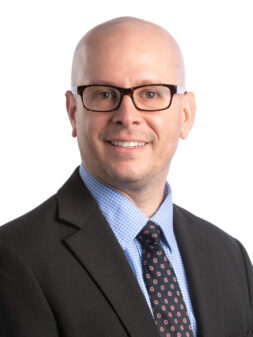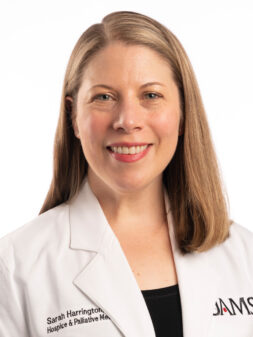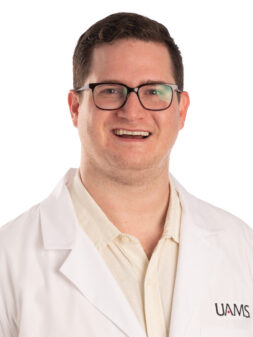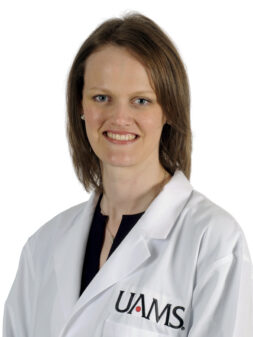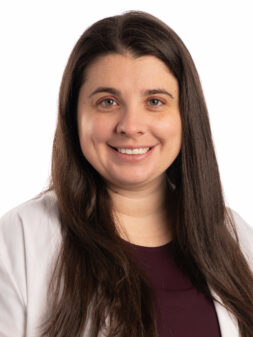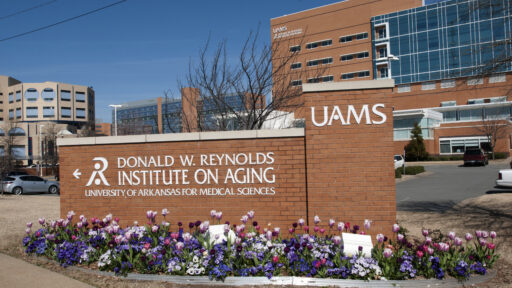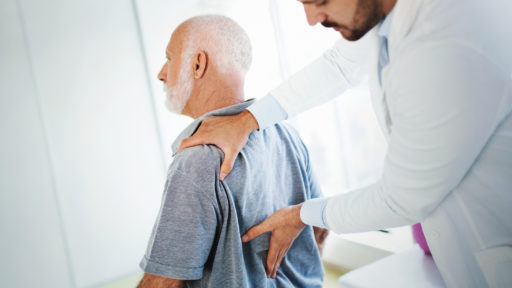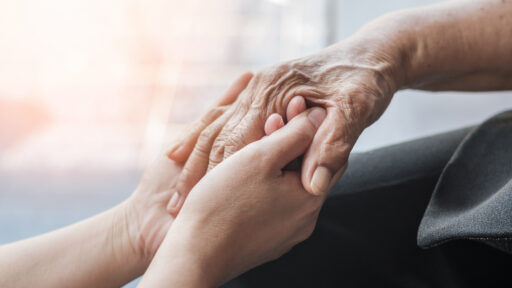Pain is a signal in your nervous system that something may be wrong. It is an unpleasant feeling, such as a prick, tingle, sting, burn, or ache. Pain may be sharp or dull. You may feel pain in one area of your body, or all over. There are two types: acute pain and chronic pain. Acute pain lets you know that you may be injured or a have problem you need to take care of. Chronic pain is different. The pain may last for weeks, months, or even years. The original cause may have been an injury or infection. There may be an ongoing cause of pain, such as arthritis or cancer. In some cases there is no clear cause. Environmental and psychological factors can make chronic pain worse.
Many older adults have chronic pain. Women also report having more chronic pain than men, and they are at a greater risk for many pain conditions. Some people have two or more chronic pain conditions.
Chronic pain is not always curable, but treatments can help. There are drug treatments, including pain relievers. There are also non-drug treatments, such as acupuncture, physical therapy, and sometimes surgery.
NIH: National Institute of Neurological Disorders and Stroke
Courtesy of MedlinePlus from the National Library of Medicine.
Syndicated Content Details:
Source URL: https://medlineplus.gov/chronicpain.html?utm_source=mplusconnect&utm_medium=service
Source Agency: National Library of Medicine

